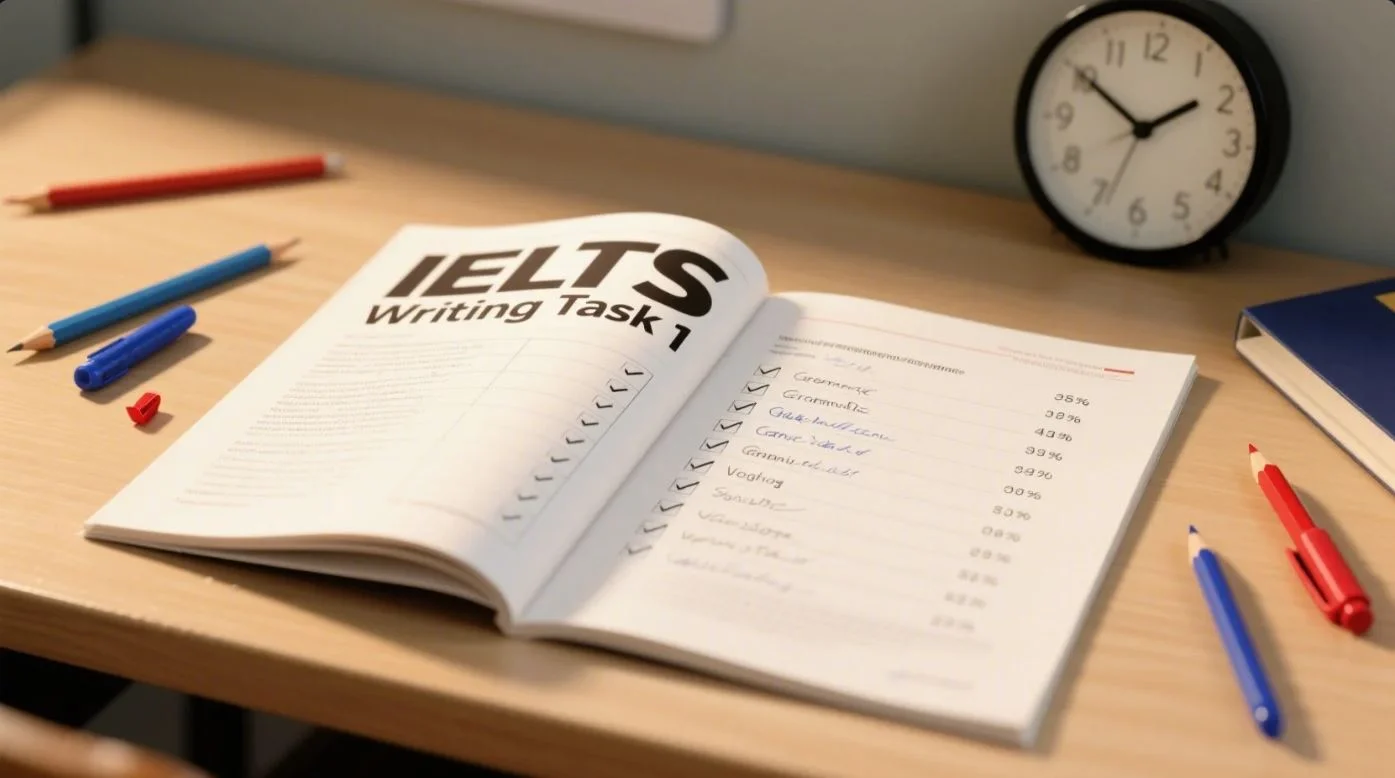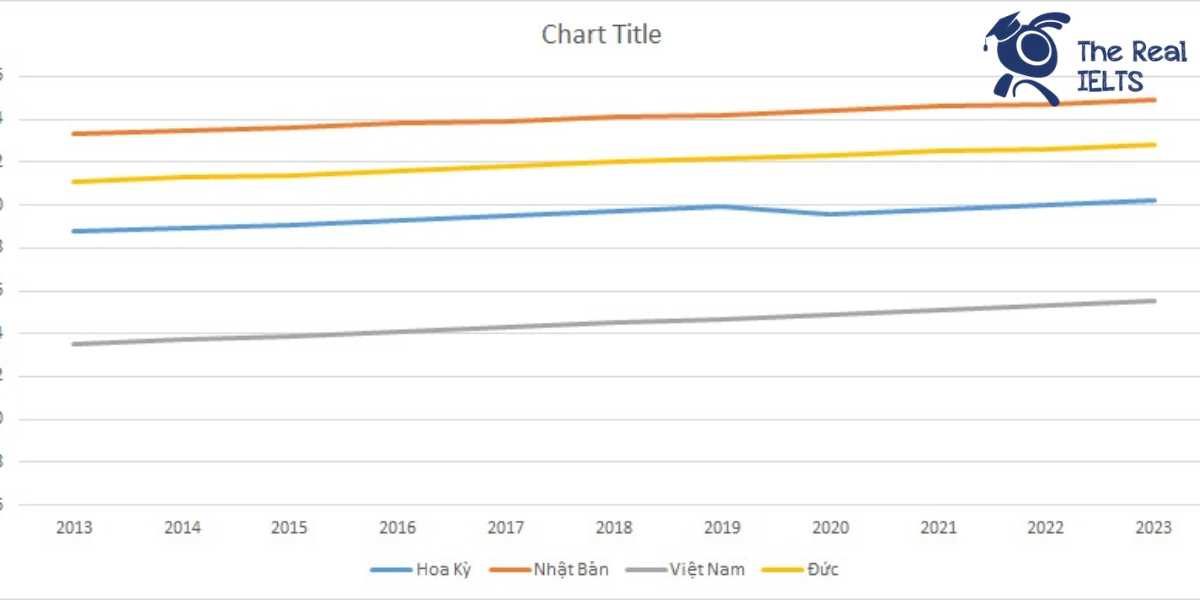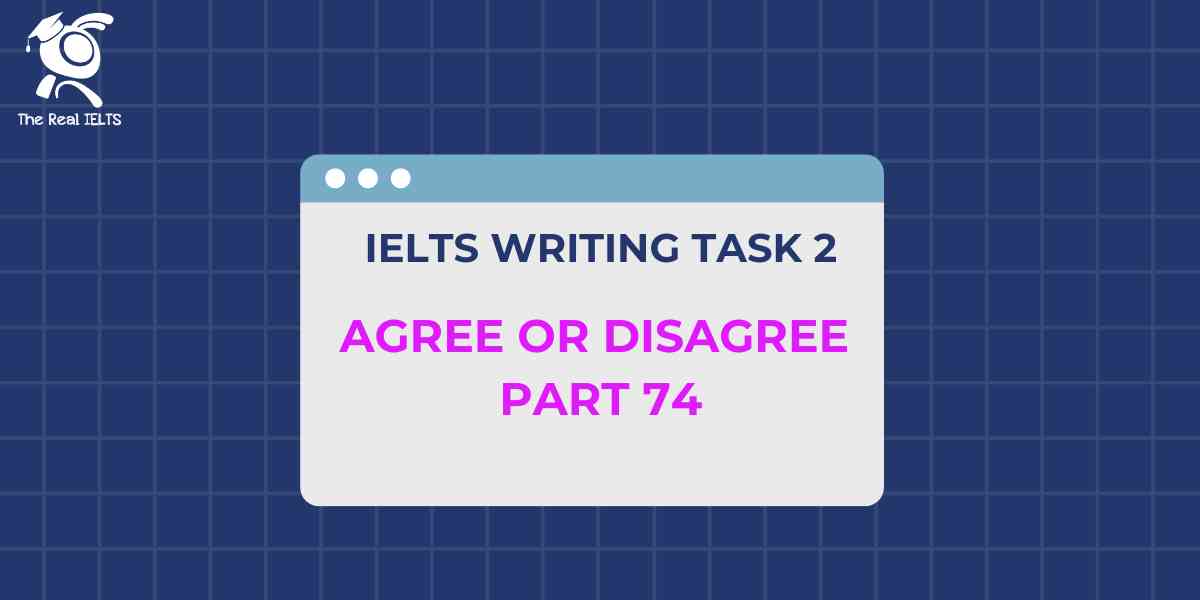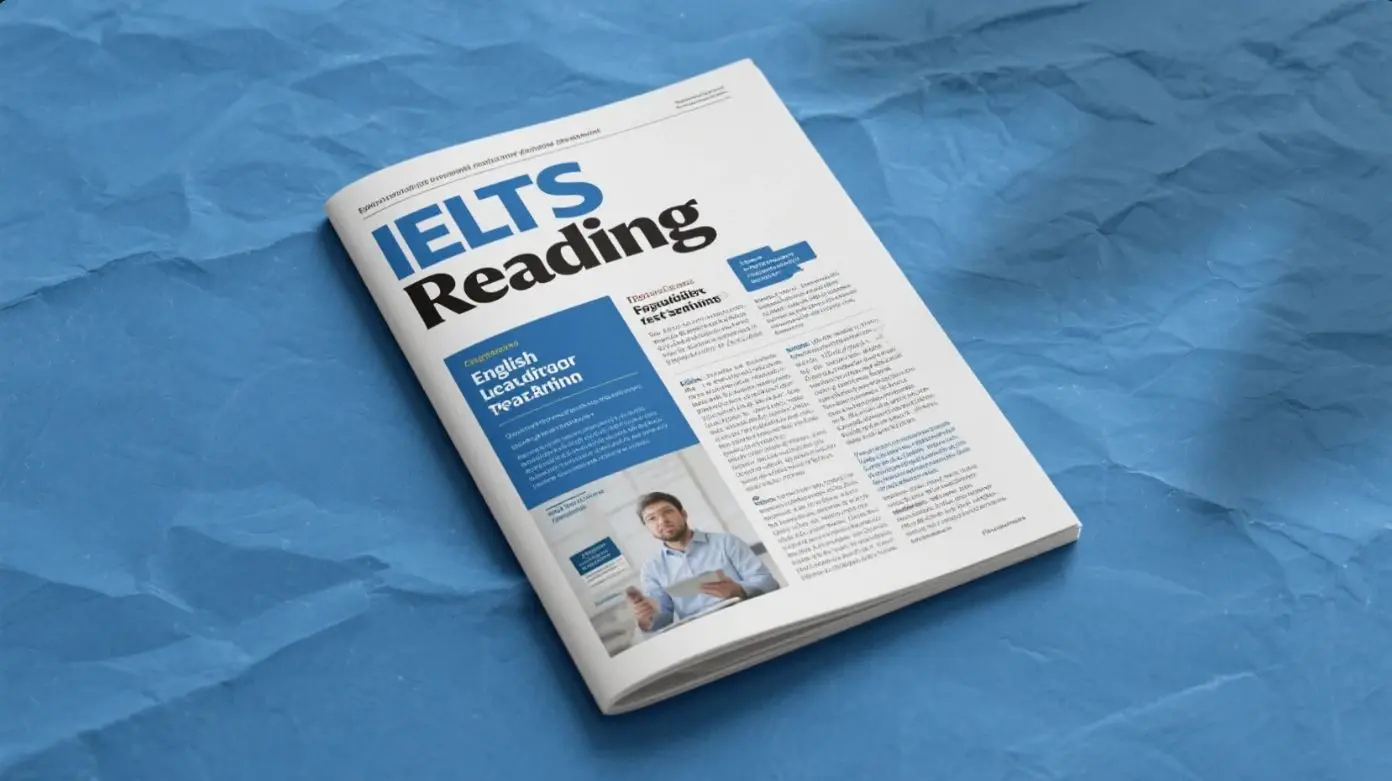Thì Hiện tại hoàn thành (Present Perfect) thường được sử dụng để chỉ hành động hoặc sự kiện đã xảy ra trong quá khứ và vẫn còn ảnh hưởng hoặc quan trọng đến hiện tại. Dưới đây là một số cách thường thấy để sử dụng thì này
Hiện tại hoàn thành diễn tả hành động đã hoàn thành trong quá khứ mà không nêu rõ thời điểm cụ thể:
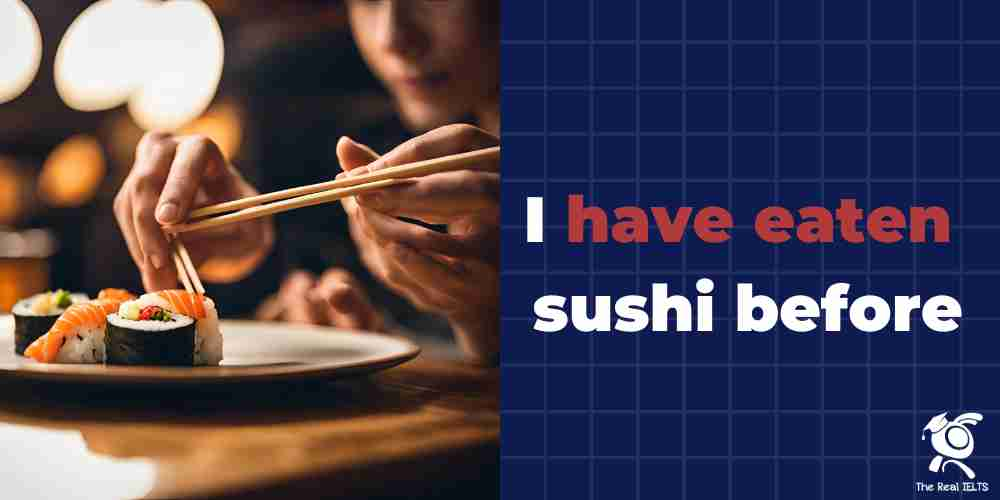

- I have eaten sushi before.
- She has visited Paris.
- She has read that book.
- They have seen the movie.
- He has tried sushi before.
- We have studied Spanish.
- I have visited Italy.
- She has cooked dinner.
- They have bought a new car.
- He has played basketball.
- We have finished the project.
- She has cleaned the house.
- I have visited Paris.
- She has finished her homework.
- They have gone to the store.
- He has traveled to Japan.
- We have watched that movie.
- I have already eaten breakfast.
- She has written a letter.
- They have moved to a new house.
- He has started a new job.
- We have lost our keys.
- I have read that book.
- She has cleaned her room.
- They have sold their car.
- He has completed the project.
- We have found a new apartment.
- I have cooked dinner.
- She has taken the exam.
- They have seen that show.
- He has learned to swim.
- We have painted the walls.
- I have met him before.
- She has bought a new phone.
- They have adopted a puppy.
- He has repaired his bike.
- We have joined the gym.
- I have fixed my computer.
- She has arranged the meeting.
- They have graduated from university.
- He has broken his leg.
- We have explored the city.
- I have played this game.
- She has found her wallet.
- They have signed the contract.
- He has flown to London.
- We have climbed the mountain.
- I have designed a website.
- She has sewn a dress.
- They have packed their bags.
- He has solved the puzzle.
- We have registered for the event.
- I have tried sushi.
- She has planted a garden.
- They have taken a day off.
- He has taught a class.
- We have built a treehouse.
- I have seen this before.
- She has cut her hair.
- They have danced together.
- He has quit smoking.
- We have saved some money.
- I have subscribed to the newsletter.
- She has changed her job.
- They have painted their house.
- He has repaired the roof.
- We have donated to charity.
- I have given her a gift.
- She has cooked for us.
- They have left the party.
- He has completed the assignment.
- We have reached the top.
- I have visited that museum.
- She has walked her dog.
- They have fixed the sink.
- He has traveled across Europe.
- We have learned to dance.
- I have played the guitar.
- She has organized the event.
- They have decorated the room.
- He has taken up painting.
- We have finished the book.
- I have watched all episodes.
- She has won the prize.
- They have sent the invitations.
- He has started a business.
- We have baked cookies.
- I have updated my profile.
- She has booked the tickets.
- They have enrolled in a course.
- He has missed the train.
- We have completed the marathon.
- I have prepared the presentation.
- She has opened the window.
- They have adopted a child.
- He has fixed the faucet.
- We have cleaned the garage.
- I have danced in the rain.
- She has called her mother.
- They have written a report.
- He has passed the test.
- We have saved the document.
- I have heard that song before.
- She has made a cake.
- They have bought new furniture.
- He has painted the fence.
- We have watched the sunset.
- I have learned to cook.
- She has visited the museum.
- They have fixed their car.
- He has mowed the lawn.
- We have planned our vacation.
Diễn tả hành động bắt đầu trong quá khứ và vẫn còn tiếp diễn ở hiện tại:
- She has lived in London for five years.
- Cô ấy đã sống ở London trong năm năm qua và vẫn đang ở đó.
- They have worked at the same company since graduation.
- Họ đã làm việc tại cùng một công ty từ khi tốt nghiệp và vẫn đang làm việc ở đó.
- He has studied French since he was a child.
- Anh ấy đã học tiếng Pháp từ khi còn nhỏ và vẫn đang học.
- We have been friends since kindergarten.
- Chúng tôi đã là bạn từ mẫu giáo và vẫn đang là bạn.
- She has been living in her apartment for ten years.
- Cô ấy đã sống trong căn hộ của mình từ mười năm trước và vẫn đang ở đó.
- He has been working on this project since last month.
- Anh ấy đã làm việc trên dự án này từ tháng trước và vẫn đang tiếp tục.
- They have been dating for three years.
- Họ đã hẹn hò từ ba năm trước và vẫn đang hẹn hò.
- I have been learning to play the guitar for six months.
- Tôi đã đang học chơi đàn guitar trong sáu tháng qua và vẫn đang tiếp tục.
- She has been teaching English at the university since she graduated.
- Cô ấy đã giảng dạy tiếng Anh tại trường đại học từ khi cô ấy tốt nghiệp và vẫn đang giảng dạy.
- He has been volunteering at the shelter every weekend for two years.
Diễn tả hành động mới chỉ hoàn thành, kết quả của nó vẫn còn ảnh hưởng đến hiện tại:


- I have just finished my homework.
- We have already cleaned the house.
- I have just finished reading that book, so now I can discuss it with you.
- She has completed her degree, which has opened up new job opportunities for her.
- We have recently redecorated the living room, and it looks much brighter now.
- He has finally fixed the leaking faucet, so we don’t have to worry about water waste anymore.
- They have renovated their kitchen, making cooking much more enjoyable.
- I have recently started learning Spanish, and it has already helped me communicate with more people.
- She has just adopted a puppy, and it has brought so much joy into her life.
- We have successfully launched our new product, and sales have been increasing steadily since then.
- He has recently quit smoking, and his health has already improved noticeably.
- They have moved to a new city, and it has been a great opportunity for them to explore different cultures and lifestyles.
- I have just finished my homework.
- She has already eaten lunch.
- They have painted the house recently.
- He has just left the office.
- We have baked a cake this morning.
- I have written the report, but I haven’t sent it yet.
- She has just finished reading that book.
- They have cleaned the room, and now it looks spotless.
- He has already taken a shower.
- We have just arrived at the airport.
- I have washed the dishes, and they are drying now.
- She has just returned from her trip.
- They have just finished their meeting.
- He has bought a new car recently.
- We have just packed our bags.
- I have prepared dinner, and it’s ready to serve.
- She has already completed the assignment.
- They have just moved into their new house.
- He has just fixed the computer.
- We have already booked our tickets.
- I have just finished my workout.
- She has just applied for a new job.
- They have just built a new bridge in the town.
- He has already made a reservation.
- We have just updated the software.
- I have just read the news.
- She has just found her lost keys.
- They have just launched a new product.
- He has just repaired the bicycle.
- We have already decorated the room for the party.
- I have just returned from the grocery store.
- She has just written a letter to her friend.
- They have just published a new book.
- He has already checked the report.
- We have just finished setting up the equipment.
- I have just spoken to the manager.
- She has just signed the contract.
- They have just completed the project.
- He has just met with the client.
- We have just washed the car.
- I have just completed the presentation.
- She has just booked a flight to Paris.
- They have just planted some trees in the garden.
- He has already fixed the broken window.
- We have just rearranged the furniture.
- I have just finished cooking dinner.
- She has already cleaned the house.
- They have just repaired the roof.
- He has just returned from a business trip.
- We have just completed the survey.
- I have just received an important email.
- She has already paid the bills.
- They have just launched a new campaign.
- He has just finished writing his book.
- We have just reorganized the files.
- I have just booked a table at the restaurant.
- She has already applied for a scholarship.
- They have just painted the walls.
- He has just upgraded his phone.
- We have just signed up for the class.
- I have just checked the weather forecast.
- She has already packed her suitcase.
- They have just opened a new store.
- He has just finished his presentation.
- We have just finalized the plans for the trip.
- I have just downloaded the app.
- She has just repaired her laptop.
- They have just opened a new account at the bank.
- He has just taken the dog for a walk.
- We have just updated our website.
- I have just purchased a new laptop.
- She has already registered for the conference.
- They have just published their findings.
- He has just returned from the post office.
- We have just completed the training session.
- I have just watered the plants.
- She has already bought the groceries.
- They have just signed the agreement.
- He has just cleaned his desk.
- We have just arranged the meeting.
- I have just finished the book you lent me.
- She has already finished the exam.
- They have just returned from their vacation.
- He has just updated his resume.
- We have just planned the event.
- I have just uploaded the files.
- She has already submitted the report.
- They have just finished renovating the kitchen.
- He has just arrived at the station.
- We have just sent out the invitations.
- I have just seen the new movie.
- She has just called her parents.
- They have just launched a new website.
- He has just completed the project proposal.
- We have just rearranged the schedule.
- I have just cleaned my room.
- She has already finished her homework.
- They have just organized the files.
- He has just returned from the gym.
- We have just finished decorating the Christmas tree.
Diễn đạt một trải nghiệm có thật trong quá khứ:
- She has never been to Asia before.
- Have you ever tried sushi?
- I have traveled to Europe three times.
- She has never ridden a horse before.
- We have seen the Northern Lights in Norway.
- He has tried skydiving once in New Zealand.
- They have visited the Grand Canyon on a family road trip.
- I have eaten authentic sushi in Japan.
- She has climbed Mount Kilimanjaro.
- We have attended a traditional tea ceremony in China.
- He has swum with dolphins in the Caribbean.
- They have hiked the Inca Trail to Machu Picchu.
Diễn tả hành động đã hoàn thành trước một sự kiện khác trong quá khứ:
- By the time we arrived, they had already left.
- He had finished his work before the deadline.
- By the time she arrived at the party, everyone had already eaten all the food.
- When I woke up this morning, my mom had already left for work.
- He missed the beginning of the movie because he had forgotten to set his alarm clock.
- By the time the ambulance arrived, the injured person had already been taken to the hospital.
- We were late for the concert because we had underestimated the traffic.
- When they finally reached the top of the mountain, the sun had already set.
- By the time I got to the bus stop, the bus had already left.
- She realized she had lost her keys after she had left the house.
- When the teacher entered the classroom, the students had already finished the exam.
- By the time he finished reading the book, he had gained a deeper understanding of the subject.
- He has finished his homework before the teacher arrived.
- They have left the party before the rain started.
- I have already eaten when she offered me dinner.
- She has done her laundry before going to bed.
- We have cleaned the house before the guests arrived.
- He has packed his bags before the taxi came.
- They have gone to the airport before the flight was delayed.
- I have completed my assignment before the deadline was extended.
- She has called her mother before the phone battery died.
- He has written the report before the meeting started.
- They have bought the tickets before the concert was canceled.
- I have already watched that movie before you suggested it.
- She has sent the email before the internet went down.
- We have paid the bill before the waiter brought the dessert.
- He has repaired the car before the mechanic arrived.
- They have signed the contract before the negotiations ended.
- I have made the reservation before the restaurant was fully booked.
- She has learned the song before the rehearsal began.
- He has finished the painting before the art show was postponed.
- We have decorated the room before the party started.
- They have completed the exam before the bell rang.
- I have visited that museum before it was renovated.
- She has sewn the dress before the wedding was called off.
- He has washed the dishes before his parents returned.
- We have watered the plants before the storm hit.
- They have read the book before it was removed from the library.
- I have already met him before he became famous.
- She has completed the project before her boss reviewed it.
- He has solved the problem before the class ended.
- We have reached the top of the mountain before it started raining.
- They have harvested the crops before the frost arrived.
- I have cleaned the kitchen before the guests came.
- She has prepared the presentation before the power went out.
- He has cooked dinner before his friends arrived.
- We have built the tent before the sun set.
- They have organized the event before the announcement was made.
- I have washed my hands before sitting down to eat.
- She has learned the dance before the competition started.
- He has booked the tickets before the prices increased.
- We have fixed the computer before the technician arrived.
- They have found the missing item before the store closed.
- I have completed the task before my manager asked about it.
- She has written the letter before the mailman came.
- He has mowed the lawn before the rain started.
- We have crossed the bridge before the traffic jam occurred.
- They have fed the animals before the zoo closed.
- I have finished my book before the movie adaptation was released.
- She has completed her training before the race began.
- He has visited his family before the lockdown started.
- We have bought groceries before the store ran out of stock.
- They have fixed the fence before the storm hit.
- I have already seen that play before you mentioned it.
- She has cleaned the house before her parents visited.
- He has answered the question before the teacher called on him.
- We have reached the station before the train left.
- They have collected the garbage before the truck arrived.
- I have written the article before the editor requested it.
- She has sent the package before the post office closed.
- He has paid the rent before the due date.
- We have repaired the roof before the snow fell.
- They have harvested the fruit before the birds ate them.
- I have completed the quiz before the time ran out.
- She has washed the car before it started raining.
- He has recorded the video before the event was canceled.
- We have painted the room before the guests arrived.
- They have installed the software before the computer crashed.
- I have checked my emails before the meeting started.
- She has closed the windows before the storm arrived.
- He has saved the document before the power cut off.
- We have repaired the bike before the race began.
- They have polished the floor before the party started.
- I have learned that song before the band played it.
- She has cleaned her shoes before the trip started.
- He has signed the papers before the deadline.
- We have fixed the leak before the plumber came.
- They have cooked dinner before the guests arrived.
- I have brushed my teeth before going to bed.
- She has practiced her speech before the conference began.
- He has prepared breakfast before his family woke up.
- We have organized the files before the audit.
- They have planted the flowers before spring arrived.
- I have locked the door before leaving the house.
- She has filed the documents before the meeting began.
- He has cleaned the aquarium before the fish arrived.
- We have cooked the turkey before the family gathering.
- They have sorted the clothes before the laundry started.
- I have mailed the invitations before the party was announced.
- She has prepared the presentation before the client arrived.
- He has washed the car before the road trip began.
- We have set up the tent before the storm came.
- They have fixed the boat before the race started.
- I have read that book before the movie came out.
- She has bought the ingredients before the recipe was published.
- He has cut his hair before the interview.
- We have prepared the equipment before the game started.
- They have packed their suitcases before the vacation began.
- I have already studied that chapter before the test.
- She has finished knitting the scarf before winter started.
- He has updated the software before the computer malfunctioned.
- We have paid the bill before the restaurant closed.
Diễn tả kinh nghiệm sống hoặc sự thay đổi từ quá khứ đến hiện tại:
- My English has improved a lot since I started practicing regularly.
- Technology has changed the way we communicate.
- My cooking skills have improved significantly since I started taking culinary classes.
- She has become much more confident since she joined the debate team.
- Technology has revolutionized the way we communicate with each other.
- Over the years, I have developed a deeper understanding of different cultures through traveling.
- He has gained a lot of experience in his field since he began working in the industry.
- I have learned to appreciate the value of time after facing several challenges in my life.
- Our understanding of the universe has expanded greatly thanks to advancements in astronomy.
- Since moving to the countryside, I have discovered a newfound love for nature and outdoor activities.
- She has overcome her fear of public speaking through consistent practice and determination.
- I have grown more patient and understanding as I’ve encountered various obstacles and setbacks in life.
Diễn đạt một hành động được lặp lại trong quá khứ với từ khóa như “ever”, “never”, “once”, “twice”:
- I have never traveled abroad.
- She has been to that restaurant twice this week.
- I have never tried sushi before.
- She has ever been to Europe.
- Have you ever ridden a horse?
- He has never watched that movie.
- We have been to that restaurant once.
- They have never traveled by train.
- Have you ever climbed a mountain?
- She has once visited Australia.
- He has twice won the championship.
- They have never eaten Thai food.
Như vậy bạn chỉ cần đọc đi đọc lại và luyện tập là sẽ thành thạo thì hiện tại hoàn thành.
Đọc lại bài thống kê các thì: Chia động từ trong tiếng Anh như thế nào?



